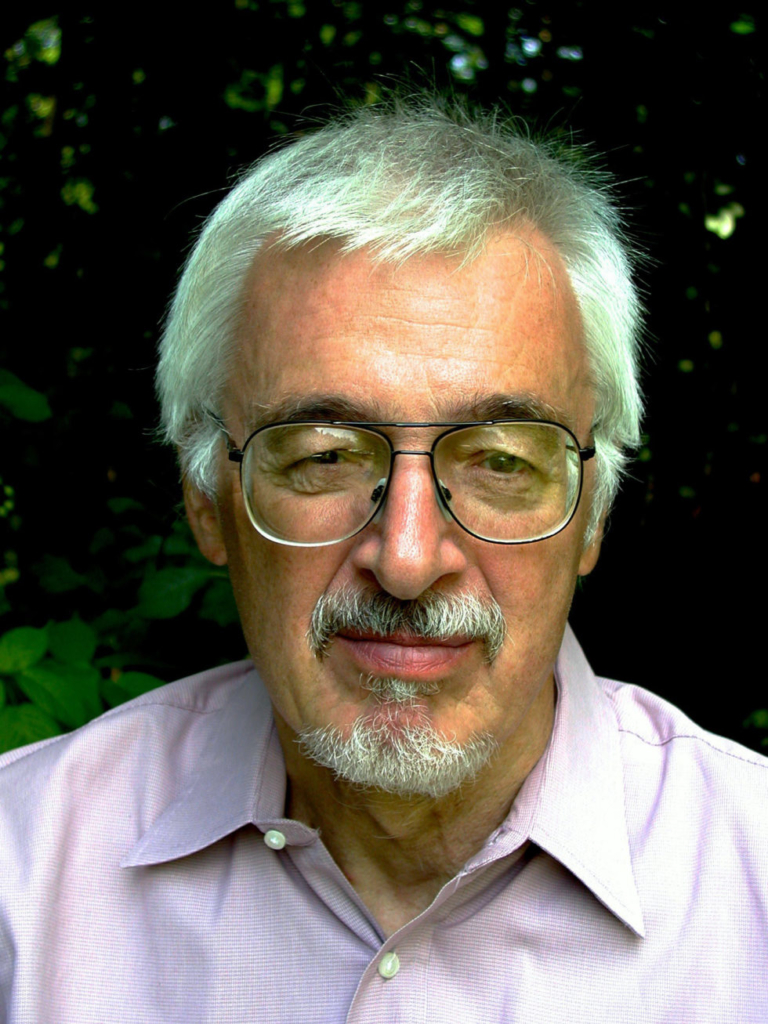What happens when a fictional character evolves alongside decades of LGBTQ history, reflecting the changes and challenges faced by the community? Join us this week on Queer We Are as we delve into the fascinating world of the Donald Strachey mystery series with its author, Richard Lipez, also known as Richard Stevenson. Together, we’ll explore the series’ 18 novels and the growth of its characters, from Strachey and his partner Timmy’s early non-monogamous relationship in the 1980s to their eventual settled married life in the 2000s, while delving into the social issues that permeate the novels.
ReQueered Tales – Publishes award-winning post-Stonewall LGBTQ Fiction
Publisher of the final Donald Strachey Novel, Chasing Rembrandt
Amble Press– Published the only novel in Stevenson’s new series
Knock Off the Hat
Killer Reunion (A Donald Strachey Mystery) on Amazon
About Richard Stevenson
Richard Stevenson Lipez, who wrote under the pseudonym Richard Stevenson, was an American author known for his mystery novels featuring the character of Donald Strachey, a gay private detective located in Albany, New York.
Born in 1938 in New York City, Lipez grew up in Massachusetts and graduated from Amherst College in 1960. He then joined the Peace Corps and spent time as an English teacher in Ethiopia. After returning from this experience, Lipez earned a graduate degree in education at the University of Massachusetts-Amherst and went on to work as a Peace Corps recruiter.
In the 1970s, Lipez began writing as a freelance journalist and also published two novels under his own name, “Prime-Time Lipetz” and “The Polyglots”. However, it was when he created the character of Donald Strachey in the early 80s that he gained larger recognition as a writer.
The Strachey series started with the book “Death Trick” in 1981, followed by others such as “The 42nd Parallel” and “Chain of Fools”. The series featured Strachey’s investigations into crimes and issues affecting the LGBTQ+ community, including AIDS and gay marriage.
Lipez also served as an editor for the Washington Post, and later lived in Maine with his partner for many years. He passed away in March 2022 after a battle with cancer, leaving behind 18 novels and a legacy as a respected writer and advocate for LGBTQ+ representation in fiction.
Getting LGBTQ Novels Published in the 1980s
During the 1980s, the publishing industry was not very welcoming of LGBTQ voices and stories. It was difficult for LGBTQ writers to get published and for their stories to be distributed to a wider audience. There were several challenges that hindered the publishing of LGBTQ novels during that time.
The first challenge was censorship, which was particularly strong in the United States. The LGBTQ community faced criticism from conservative groups which led to bookstores, libraries and even entire towns banning LGBTQ books. For a writer, this meant that their work was not accessible to readers in certain areas, thereby limiting the scope of their work.
The second challenge was the lack of representation in the publishing industry. Publishers were not willing to take a chance on LGBTQ writers and books as they did not see a profitable market for them. This also meant that there were few LGBTQ editors or agents who could support and guide writers. As a result, LGBTQ writers had to struggle to get their work published or self-publish.
The third challenge was the lack of diversity in LGBTQ representation. Gay white male authors were the most successful during the 1980s. The experiences of lesbians, transgender people and people of color were not as well represented in literature. Mainstream publishers preferred works that were marketable, and books that fit into certain stereotypes were more likely to be accepted.
The fourth challenge was the lack of LGBTQ spaces and communities to promote and distribute works. There were fewer bookstores, magazines and other spaces that catered specifically to LGBTQ writers and readers. This meant that LGBTQ writers had to work harder to gain visibility and readership.
Despite these challenges, there were still LGBTQ authors who persevered and created brilliant works during the 1980s. For instance, the novels of Armistead Maupin and Larry Kramer became classic works of queer literature. These novels highlighted the experiences of the LGBTQ community and helped to create greater awareness and empathy.
The challenges of publishing LGBTQ novels during the 1980s were significant, but they did not deter the writers who paved the way for the contemporary LGBTQ publishing landscape. It is important to recognize and appreciate this struggle, especially for younger generations of LGBTQ writers. By understanding and acknowledging the past obstacles, we can continue the fight for greater representation and inclusivity in all forms of literature.



